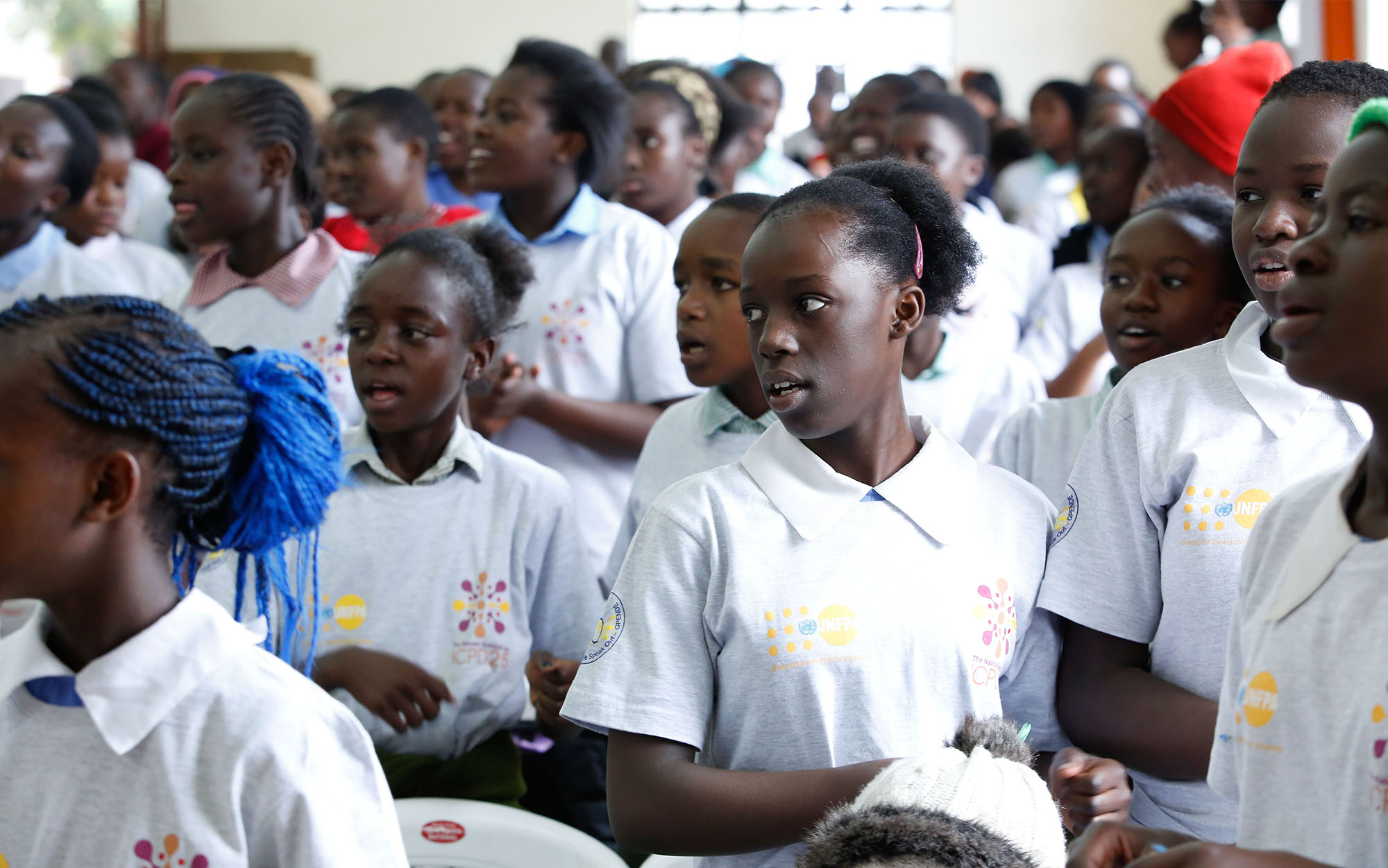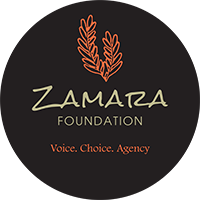
Ministry Should Provide Comprehensive Sex Education
Civil society organisations are calling for the ministries of Education and Health to recommit to the East and Southern commitment to provide Comprehensive Sexuality Education beyond 2020.
In 2013, Kenya signed up for the ESA commitment.
The ministers for health, education, youth, gender and senior government officials committed to scaling up efforts to realize CSE and youth-friendly sexual and reproductive health services for adolescents and young people. The ESA commitment targeted to reduce early and unwanted pregnancies among young people and to eliminate GBV, child marriages, by 2020 and increase the number of schools and training institutions providing CSE.
The commitment has been an instrumental regional framework in ensuring that key ministries, civil society organizations and young people work in coordination to deliver comprehensive sexual education and realize positive sexual and reproductive health outcomes.
So far, Kenya has prepared draft guidelines on age-appropriate comprehensive sexuality education and launched the National Adolescents Sexual and Reproductive Health Policy.
The ongoing Covid-19 pandemic brought about a reversal of significant gains made to guarantee the sexual and reproductive health rights of young people. Many girls became pregnant, young people suffered gender-based violence and others contracted HIV. With the closure of schools, many young girls were married off in communities where child marriage is rife. The pandemic has also disrupted healthcare services leading to de-prioritization of sexual and reproductive health services and a shortage of contraceptive commodities and essential drugs. All these factors contribute to a bleak public health outlook.
There is a growing need to reaffirm ESA commitments to realize CSE for adolescents and young people.
Evidence shows that CSE increases knowledge on HIV and other sexual and reproductive health issues. It helps in clarifying contradictory sources of information accessible to young people and dismantling the misconceptions that surround sexuality. CSE also helps develop essential life skills and help-seeking behaviour. It reinforces positive values about bodies, puberty, sexuality and family. In this way, CSE complements the role of parents as primary educators and value-shapers in children and young people’s lives.
Girls and young women acquire life-saving skills, information and services without discrimination. Boys and young men learn the values of respect, equality and understanding consent. Adolescents and young people must get life-saving information and services in friendly spaces.
We applaud the move to train and sensitize all curriculum developers at the Kenya Institute of Curriculum Development on CSE. We support the review of the Adolescent Sexual and Reproductive Health policy to develop the current National Adolescent Sexual and Reproductive Health policy. It includes age-appropriate comprehensive sexuality education as an important intervention and is appropriate for adolescents and young people per ESA commitment and the convention of the Rights of the Child.
We call upon the Ministry of Education and partners to renew the ESA commitment beyond 2020.
The Education ministry should lean on KICD to integrate comprehensive sexual education into the school curriculum. KICD has a statutory responsibility to translate policy into actual curricula.
The ministry should also build capacity for teachers and out-of-school facilitators to provide CSE within and outside school environments. This can be done by scaling up CSE in teacher education. There is a need to develop a module for pre-service teacher training on CSE. There is also a need to come up with a short course in CSE for in-service teachers and out-of-school facilitators. Skill development for teachers and trainers, for CSE, is critical.
ESA commitment’s term has lapsed and there is an incomplete agenda to empower young people.
Kenya should recommit- to ESA commitment and provide comprehensive sexuality education for young people in schools. If adequate measures are not taken, we may not realize good sexual and reproductive health outcomes for adolescents and young people.
We need to fulfil our commitments to the younger generation to see them thrive.
Teresa Loch is a Sexual and Reproductive Health and Rights advocate and a volunteer at Zamara Foundation
